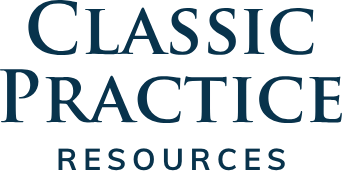Actions & Words of the Dental Team May Make Patients Think Cancellations Are Normal, Part 3
Not using good verbal and communication skills at the time of scheduling can contribute to patients not committing to an appointment. They may even schedule the appointment and call back later to say they are not coming. This is an indication that there was something they didn’t quite understand about their needed treatment.
When scheduling patients for future treatment make sure they fully understand why they need to come back and most importantly what will happen if they don’t. Look the patient in the eyes and ignore possible distractions in the office. It’s important to give the patient your full attention and verify that they do not have questions. If they do have questions, make sure they get answered. If they are still apprehensive and you didn’t handle their true objections, they are more likely to call back and say they aren’t coming in for the appointment. It’s important to communicate to the patient, explain the procedure and what will happen if they put it off.
Each time you schedule a patient you should be telling them the day, the time, the procedure and how long they’re going to be there. You should say something like, “Mrs. Jones, we have an hour saved just for with Dr. Jones next Tuesday, at 2:00 p.m. for your crown.” The tone of voice you use is very important. Speak up, looking them directly in the eyes. Speak with certainty. Let them know that they made a good decision to get the treatment done and you look forward to seeing them.
Do not schedule patients too far in advance. Statistics show us that they are more likely to change their mind if they have to wait over 10 days. This is especially true for endo and extractions. Get them in as soon as possible.
Another good “earlier prevention” would be that when you are making the appointment in the first place, make sure you ask the patient if that is a good time and then say “We like to make appointments patients can keep.”
Tell patients that you will be contacting them in advance to confirm the appointment. Never assume you have all their contact information. You want to ask them where they can be reached directly. Try saying something like, “How can we reach you during the day?” This way you have their preferred method and the correct information.
Broken appointments can wreck your daily schedule and production. Whenever the doctor or hygienist does not have a patient scheduled, the office is losing time and revenue. The scheduler must make having a full and productive schedule her top priority.




